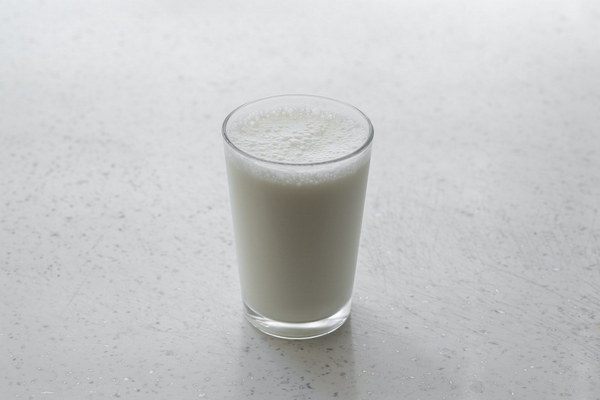The Paradox of Poor Health Do You Take Care of Yourself When You Feel Unwell
In the pursuit of health and well-being, it often seems that the body's condition is a paradox. When we are at our best, we may take our health for granted and neglect proper self-care. However, when we are feeling unwell, the question arises: do we then make an effort to take better care of ourselves? This article delves into the complexities of this dilemma, exploring the reasons behind why some individuals might not prioritize self-care during times of poor health.
The Dilemma of Poor Health and Self-Care
When we are healthy, it is easy to overlook the importance of maintaining our well-being. The daily grind of life can often overshadow the need for self-care, leaving us with little time to focus on our physical and mental health. However, when illness strikes, the situation becomes more pressing. The body's weakened state demands attention, and yet, paradoxically, it is during these times that self-care can be most neglected.
Reasons for Neglecting Self-Care During Illness

1. Fatigue and Lack of Motivation: Illness often comes with a significant decrease in energy levels. This fatigue can make it difficult to muster the motivation to engage in self-care activities, such as preparing nutritious meals or exercising.
2. Pain and Discomfort: Physical discomfort can be a major barrier to self-care. When pain is constant, it can be challenging to focus on other aspects of health, such as mental well-being or proper nutrition.
3. Distractions and Stress: Illness can bring a host of new challenges, from managing symptoms to navigating medical appointments. These distractions and the stress that comes with them can overshadow the importance of self-care.
4. Financial Constraints: Health issues can lead to financial strain, which may limit access to essential self-care resources, such as medical treatments or quality food.
5. Misconceptions and Denial: Some individuals may believe that self-care is unnecessary when they are already unwell. They might also deny their own health problems, hoping that they will simply go away without intervention.
The Importance of Self-Care During Illness
Despite these challenges, it is crucial to recognize the importance of self-care during times of poor health. By prioritizing our well-being, we can:
- Speed Up Recovery: Proper nutrition, adequate rest, and gentle exercise can all contribute to a quicker recovery from illness.
- Reduce Complications: Neglecting self-care can lead to more severe complications and prolonged recovery times.
- Maintain Mental Health: Self-care can help manage stress and anxiety, which are often exacerbated by illness.
- Enhance Quality of Life: Even during periods of illness, taking care of yourself can improve your overall quality of life.
Strategies for Effective Self-Care During Illness
1. Prioritize Rest and Sleep: Rest is crucial for healing. Make sure to get enough sleep and rest when you are feeling tired.
2. Stay Hydrated: Drink plenty of fluids to stay hydrated, which can aid in the elimination of toxins from the body.
3. Eat Nutritious Foods: Even when you're not feeling your best, try to eat a balanced diet that includes fruits, vegetables, lean proteins, and whole grains.
4. Engage in Gentle Exercise: Light activities like walking or gentle stretching can help improve circulation and reduce stress.
5. Manage Pain and Symptoms: Use over-the-counter medications or seek medical advice for pain and other symptoms.
6. Seek Social Support: Reach out to friends, family, or support groups for emotional support and practical assistance.
7. Mindfulness and Relaxation Techniques: Practices such as meditation, deep breathing, or yoga can help manage stress and anxiety.
In conclusion, the question of whether we take care of ourselves when we feel unwell is not a simple one. It is a complex issue influenced by a range of factors. However, by understanding the importance of self-care during illness and adopting effective strategies, we can work towards a healthier and more resilient recovery. Remember, taking care of yourself is not just a luxury but a necessity, especially when you are at your most vulnerable.









